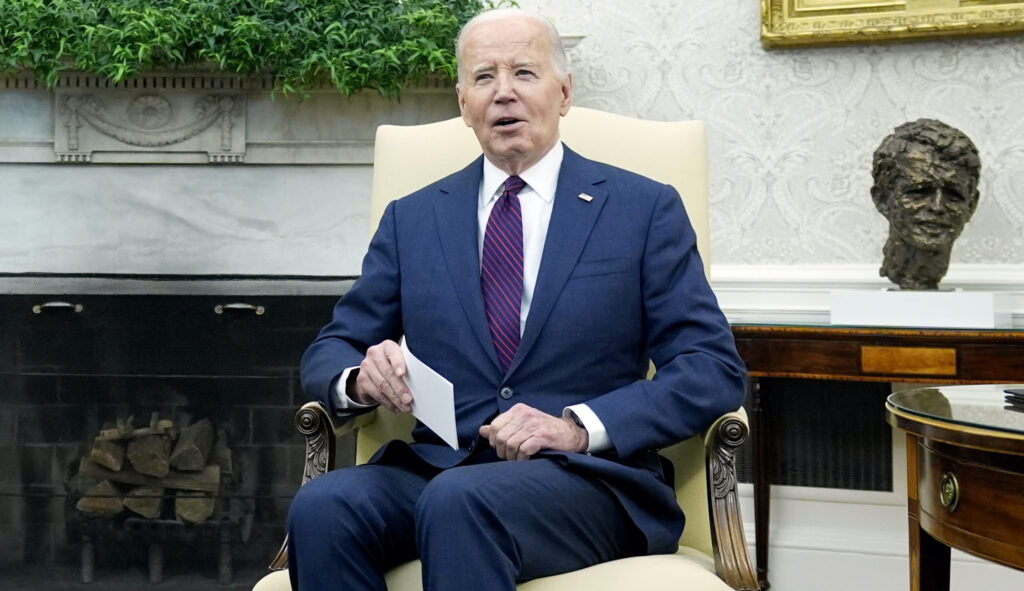Elon Musk’s Nuking X Headlines: A Positive Move
Twitter is dead. X is here. The all-in-one platform that X CEO Elon Musk envisions as a rival to others, like WhatsApp, is constantly introducing well-thought-out, strategic changes.
Scratch that. The changes to X are actually just a grab bag of whatever Musk is thinking about at any particular moment, such as his latest decision, the removal of headlines from the platform.
Now instead of seeing the banner picture and the headline, users will see just the picture. Many are lamenting this change or finding workarounds, like this publication. It’s a vexing decision because one of the things that drove Twitter was journalists using it to share their work.
Nevertheless, the detractors are missing the true benefit this latest mercurial move provides. No longer can people form a visceral reaction, or even comment, on just the headline.
Commenting Before Clicking
Whether you are a writer or someone merely using X to share things you find interesting, we’ve all had the experience. We hit send and sometime later start getting the disjointed replies, which make it obvious that our interlocutors have not read the article under discussion but instead only the headline.
This isn’t a problem that’s isolated to X. It pervades all social media platforms. Yackler Magazine published an article in 2016 with the title, “Scientists say giant asteroid could hit earth next week, causing mass devastation.” The opening paragraph stuck with the gag for only two and a half sentences before revealing the truth.
“Scientists have discovered a massive asteroid that is on course to hit the Earth next week, and are scrambling to find a way to divert the object,” the author wrote. “The asteroid has been named 2016-FI and measures approximately 1 km across. If it strikes a populated area [it] could wipe out entire cities and potentially devastate an entire continent or … nah. I’m totally messing with you. There’s no asteroid (at least not about to strike next week).”
The article was actually about a joint study between Columbia University and the French National Institute, which concluded that only 41 percent of people who shared items on social media had actually clicked on the links they were sharing. When it comes to the percentage of people opening the link before commenting on those shares, there isn’t a ton of data. But if you’ve used the internet before, then you must suspect that the number has to be in the single digits.
A Boon to Many, a Curse to Trolls
Musk just saved a whole lot of X users from having to deal with the comments of the solid majority who don’t read articles before posting. Or he just denied a whole lot of people from having their fun. There are a few perspectives here.
Regardless, though, it’s a good move. The change probably won’t increase X’s user base, though. In the analytics game, you always want to keep people on your site instead of driving them away. But driving people away, literally and metaphorically, once made Twitter great. And now that greatness is gone.
For the diehards who remain, though, X just became a slightly more peaceful place. The change has reduced the likelihood of ad hominem attacks, replies that have no relation to the original post, and the complaints of those with furrowed brows struggling in vain to understand the situation that remains at least for the moment.
Musk may be making it up as he goes along, and this move may not prove the most business-savvy in the long run, but by thwarting the trolls who live to comment without reading, he deserves plaudits.
Now it’s time for me to share this article on X, where I encourage you to argue with whatever banner picture is chosen for it. As Musk may yet learn, engagement is engagement, particularly when people don’t even have to click on the link to drive the numbers up.
rnrn
How does the elimination of headlines on Twitter contribute to more meaningful conversations and discourage the spread of misinformation?
Title: The True Benefit of Twitter’s Latest Controversial Decision
Introduction:
In a surprising move, Twitter’s CEO Elon Musk has introduced a series of changes to the platform, positioning it as a rival to other communication apps like WhatsApp. However, rather than well-thought-out strategic modifications, these changes appear to be a mere reflection of Musk’s current whims. One such decision, the removal of headlines from the platform, has sparked considerable debate among users. While many are lamenting this change, it is important to recognize the potential benefits it offers.
The Impact of Headline Elimination:
In the past, users were able to view a banner picture along with a headline when encountering a tweet. However, this has been replaced by a display solely consisting of the picture. This change has stirred dissatisfaction among journalists and users who valued the platform as a means to share their work. However, it is crucial to look beyond these initial frustrations and examine the true advantages that come with this decision.
Addressing the Issue of Reactions based on Headlines:
One significant problem faced by writers and users on social media platforms is the prevalence of individuals forming opinions and leaving comments without actually reading the article being discussed. This problem is not isolated to Twitter; it permeates all forms of social media. Yackler Magazine published an article in 2016 titled ”Scientists say giant asteroid could hit Earth next week, causing mass devastation.” The opening paragraphs intentionally misled readers before revealing the truth. This experiment demonstrated that a mere headline can provoke significant reactions without any regard for the article’s content.
The Importance of Clicking Before Commenting:
Whether you are a writer or an individual sharing interesting content on Twitter, everyone has encountered the frustrations of receiving disjointed comments from individuals who clearly have not read the article being discussed. The Yackler Magazine example highlights the fact that 41 percent of people who share content on social media have not actually clicked on the links they are sharing. Furthermore, comments are often made solely based on the headline itself, undermining meaningful engagement and discussion.
The Benefits of Eliminating Headlines:
Twitter’s decision to remove headlines from the platform effectively eliminates the ability to form immediate reactions or comments solely based on headlines. Users are now required to click on the link and read the article before engaging in discussions. This change encourages more meaningful conversations and discourages the spread of misinformation or hastily formed opinions.
Conclusion:
While the removal of headlines from Twitter may initially seem frustrating or counterintuitive, it is important to recognize the underlying benefits it brings. By necessitating the reading of an article before commenting, this change promotes informed discussions and discourages the spread of misinformation. As Twitter evolves into an all-in-one platform, it is essential to embrace these changes and adapt to the evolving landscape of social media communication.
" Conservative News Daily does not always share or support the views and opinions expressed here; they are just those of the writer."





